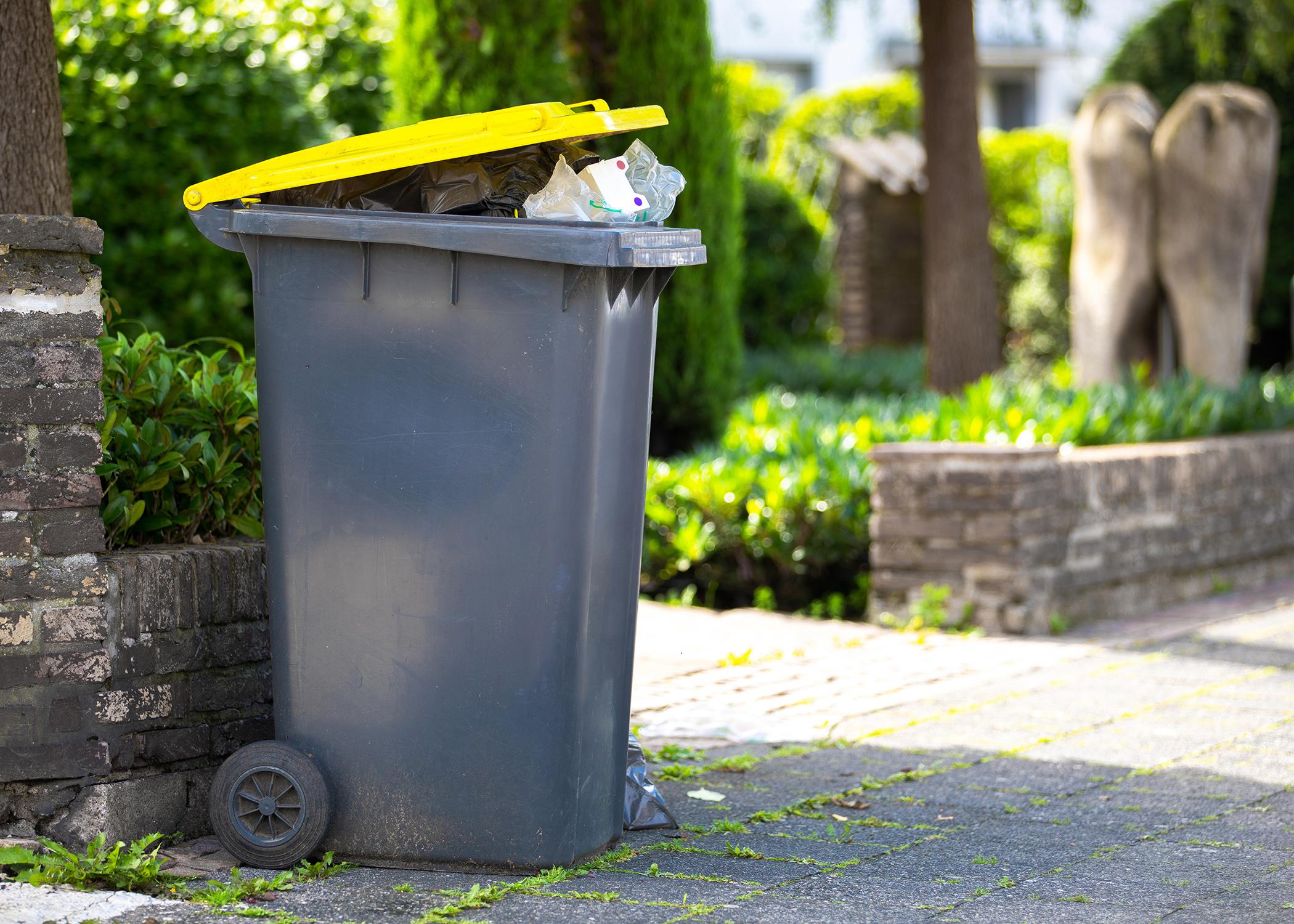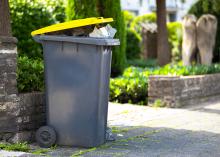Zero-waste living can help protect marine ecosystems
RAYMOND, Miss. -- By 2050, the world’s oceans will contain more plastic pollution by weight than fish.
The 2016 report by the World Economic Forum did not shock Eric Sparks then. Nor does it now. As the director of the Mississippi State University Extension Service’s Coastal and Marine Extension Program, or CMEP, he sees firsthand the volume of damaging marine pollution along the Mississippi Gulf Coast.
The Mississippi Coastal Cleanup Program, or MSCCP, is part of CMEP and hosts its coastwide beach cleanup event each October to raise awareness about litter and its effects on marine ecosystems.
“The vast majority of the litter we collect during the October event are convenience, single-use items made of plastic, including water bottles, food service items and cigarette butts,” Sparks said.
Plastic waste now comprises 60% to 80% of marine pollution. Estimates in some areas even gauge plastic pollution at 90% to 95%.
Both statistics are alarming, especially since research has shown that plastic particles – macro- and microplastics -- left behind when these materials degrade are ingested by marine life and humans alike. A recent study showed that the presence of micro- and nanoplastics in human arteries made that person 4.5 times more likely to experience a heart attack, a stroke or death.
Although Sparks said the amount of trash collected during the annual event is minuscule compared to the vast amount of plastic waste in the ocean, the event is a tool that helps bring attention to litter issues. This often leads people to change some of their habits when it comes to single-use plastic. He makes sure his programs set an example.
“Nearly all events hosted by the broader Coastal and Marine Extension Program have very little, if any, single-use plastic items,” Sparks said. “Even for cleanup events, we fill a couple five-gallon coolers with water and encourage people to bring their own reusable water bottle or provide paper cups instead of purchasing bottled water.”
Small changes like this are a good place to start to help reduce all waste, including plastic, said Sherry Surrette, associate Extension professor of sustainable living.
“Collectively, we can all make small changes to our lifestyles that can have a huge impact on conserving natural resources and assisting in closing the waste loop,” Surrette said.
Following the principles of zero-waste living, which is the act of reducing waste at all stages of product production and consumption, can help.
“When you hear the term ‘zero waste,’ you probably think it means producing no waste at all, but that’s unrealistic and would be nearly impossible partly because we do not directly control the production and packaging of products by manufacturers,” Surrette said.
Anyone can apply the principles of zero-waste to their lifestyle, but everyone should first consider why they want to begin using these principles: to conserve resources, protect the environment, save money or reduce plastics. This step helps people choose the habits they want to add to their lifestyles.
Surrette said the following steps can help people implement zero-waste living:
- Conduct a trash audit. Pay attention to the items that go into the trash. This will help determine what disposable items can be removed from the home or replaced with more sustainable items. For example, cut down or eliminate paper towel use by using dish towels.
- Refuse unnecessary items, including straws, plastic bags or promotional items. Use reusable bags at the grocery store.
- Plan meals. Buy only what you need and check the pantry before going to the grocery store. This cuts down on food waste that enters the landfill.
- Reuse items instead of throwing them away. Swap out disposable items, such as zip-top sandwich bags, for reusable containers.
- Recycle items when possible. Keep in mind that not all products are equally recyclable. Processes vary for different products. Of the seven types of plastics that are manufactured, only two of them are commonly recycled. That means 80 percent of plastics go to the landfill.
- Compost food scraps and paper. Food makes up nearly a quarter of the waste that goes to landfills. MSU Extension Publication 1782, “Composting for the Mississippi Gardener,” provides more information on composting.
- Purchase brands made from recycled or biodegradable packaging. This cuts down on waste and increases demand for these products. When demand increases, other manufacturers are more likely to begin using eco-friendly packaging.
- Be an advocate in the community. Let local officials know about the need to reduce waste. They may be willing to begin programs that reduce waste, including recycling and composting, if community members are interested.
“You don’t have to do all of these things at once,” Surrette said. “Take small steps. Choose one or two things that will make a difference in your household. The practice of zero waste should be focused on progress and not perfection.”
The 2024 Mississippi Coastal Cleanup is set for Oct. 19. Volunteers can sign up to help collect trash at one of multiple sites in Harrison, Jackson and Hancock counties along the Gulf Coast. Sites include beaches, parks, harbors and bayous.
Sparks said those who do not live near the coast or cannot participate on Oct. 19 have multiple other ways they can contribute to trash removal.
“People can always organize their own cleanup events, and we can help through providing supplies,” Sparks said. “However, the Sustainability With Awareness and Prevention Solutions, or SWAPS, Program is being offered and actively expanding throughout the state.
“This program has been popular with school groups, Extension agents and other audiences throughout the state. Participants learn about litter issues, the life cycle of plastics, getting involved with sustainability programs and a lot more,” he said.
For more information about SWAPS, visit https://msucoastal.com/swaps. For more information about the MSCCP and its related programs, visit http://coastalcleanup.extension.msstate.edu.
Learn more about zero-waste living and recycling in Extension Publications 3932, “Understanding the Meaning of Zero Waste,” 3959, “Know the Numbers: Reduce Plastic Waste,” and 3913, “Recycle Right! Know the Basics.”






